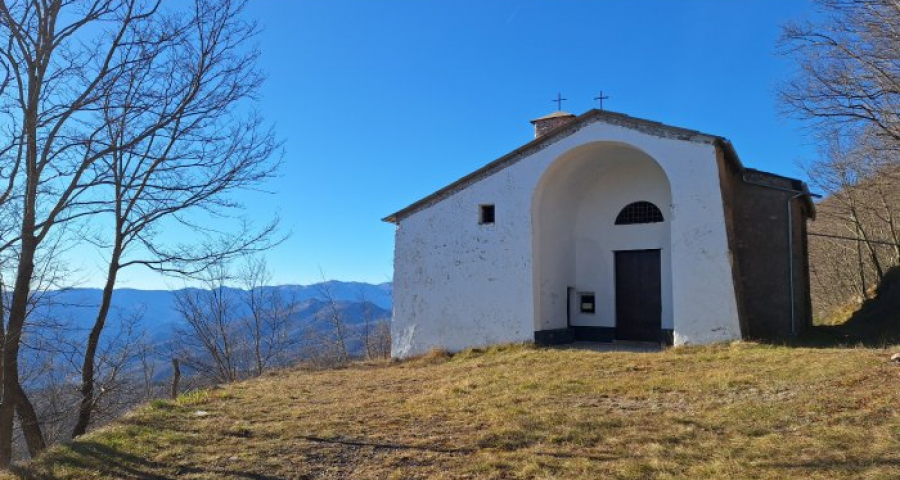Rebirth can be learned /1 - Why do many community reforms start out auspiciously and then stall?
by Luigino Bruni
published on Città Nuova ion 20/12/2023 - From the magazine Città Nuova n. 9/2023
The most precious and rare art to learn when starting a community reform is to be able to get to the depths of the process. The first phase of a reform is almost always accompanied by acclaim, encouragement and applause, because, as a rule, movements and communities start reforms too late, when it is already evident to (almost) everyone that a lot of things need to change in order not to perish; and so the new government that sets about this reform work is greeted as one greets a saviour. Only a few of the members are aware that this necessary reform would have had to be done many years earlier, when the symptoms of the collective disease were still almost invisible and everything spoke of health and success.
For this reason, the early days of a renewal process, of any renewal of a suffering body, flow smoothly, quickly, accompanied by satisfaction and the great relief typical of any beginning of a necessary cure. The reformers feel supported by the entire community and everything is surrounded by a climate of optimism and new spring. It is thus understood that the most important and decisive moment in a reform is always the second, not the first moment, that ‘second half’ when the almost endless opening of that initial credit is reduced and then exhausted.
Many reforms get stuck, bogged down in this second phase and fail to reach the third, the essential one for the real and concrete implementation of the reform, when the announcements should have turned into major changes in governance. This is what happens to those young people who dive with only their mask on because they know that after 10 metres they will arrive in a beautifully coloured, emerged cave – but then, after the first few metres they feel their oxygen depleting, they get scared, turn back and resurface. If they had held on for a few more seconds they would have reached the air of the beautiful cave, but instead they stopped halfway there.
Why do we stop? What happens in the intermediate phase that blocks the necessary reforms that are sought by (almost) everyone? A clue to the reasons for the failure of the second phase is suggested to us by French philosopher De Tocqueville (Democracy in America), with his famous “paradox”. By studying revolutions and the social transformations of peoples, Tocqueville had realised something important: as soon as the members of a community begin to see the longed-for first signs of change, new participation and democracy, they begin to demand more and more, much more than the reformers can concretely do in that first phase.
The appetite for reform grows much faster than its first results. And so, those reformers who were appreciated, praised and encouraged at the time of the announcement of the reform, as soon as they begin to carry out their first reforming acts, see the original esteem turn to criticism and dissatisfaction, because those first changes appear too timid, slow and insufficient. At the same time, the dissatisfaction expressed today by the enthusiasts of yesterday generates disappointment and discouragement in the reformers because they see the criticism as unfair and ungrateful. This ‘pincer effect’ - criticism from the community and discouragement in government - can stop the exploration running out of breath and cause a quick turnaround.
A whole lot of failed reforms are those ‘aborted’ in the second phase, not those never started. However, a reform begun and not completed is worse than a failed reform. Because while a community that has never attempted a necessary reform can always initiate one, for a community that has failed a first reform, it becomes very difficult, if not impossible, to initiate a second one, because the management of that first failure has consumed much of the available energy, and that first collective enthusiasm which is necessary to begin will be very reduced if not non-existent in the second eventual reform. Of the reforms of charismatic communities only ‘the first one is the good one’, the second possibility, which is always there, is (easily) ineffective.
So when a community government decides to undertake a reform, it must be aware that the second phase of criticism and discouragement will come. It must take this into account, not be surprised by its arrival. This way, even when we run out of breath we will confidently continue the dive, in search of the new rainbow.













